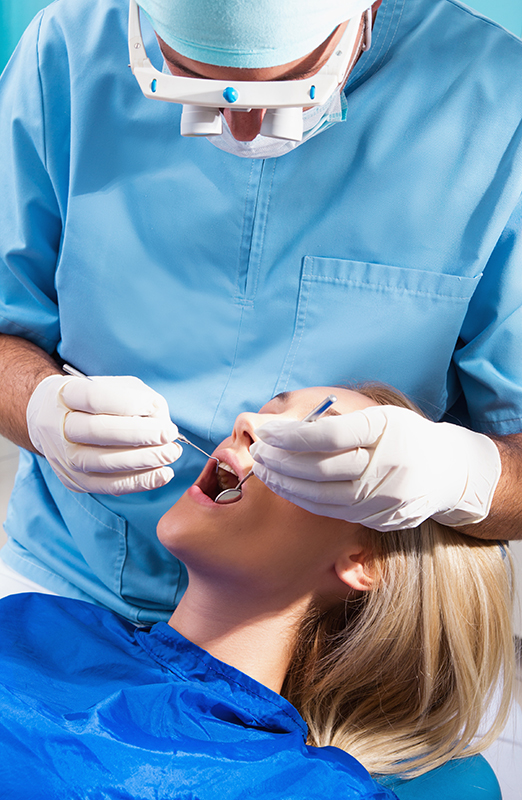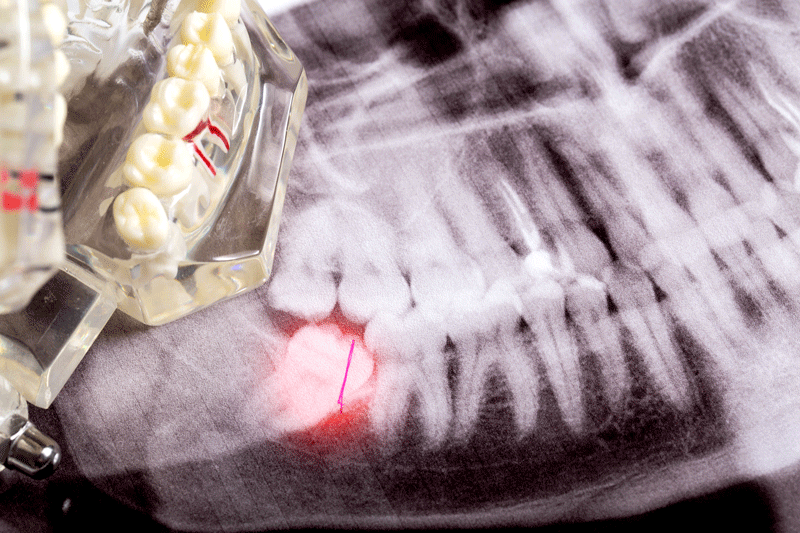Dental Blog - Las Vegas & Henderson, NV
Dental Blog

What You Need To Know About Oral And Maxillofacial Surgery

Oral and maxillofacial surgery is an exclusive specialty that combines dental and medical science. This specialty treats medical problems and conditions related to teeth, jaws, mouth, and face. Typically, the operations involved include trauma surgery, reconstructive surgery, and other dental procedures such as wisdom teeth extraction and dental implants. Specialists who perform such procedures must have relevant skills and expertise to fit this role. Also, they work in hand with other specialists such as surgical oncologists and orthopedic surgeons to manage serious problems such as facial and head trauma.
When You May Need An Oral And Maxillofacial Surgery
Oral and maxillofacial surgeries manage traumas, diseases, and other defects of the mouth, face, and jaw. You may need a maxillofacial surgeon for complex surgical procedures such as chronic facial pain, bite abnormality, cleft and palate repair, and bone-fused dental implant. Also, these surgeons treat patients suffering from trauma to the face or with unusual head, neck, and mouth growth. In a nutshell, oral and maxillofacial surgeons perform multiple complex operations.
What Is The Difference Between Oral Surgery And Maxillofacial Surgery?
Typically, maxillofacial and oral surgeons are almost similar. Their training is based on oral and maxillofacial surgery. However, some surgeons restrict their exercise to office-based and oral surgery, while others choose hospital-based procedures.
What Are The Risks Or Complications Involved In An Oral And Maxillofacial Surgery?
Oral and maxillofacial surgeries are involved with risks such as infection, bleeding, pain, damage to facial muscles, variation of sensitivity to the mouth, and TMJ disorders. Also, a painful condition known as dry socket may arise after tooth extraction with complications concerning blood clots. Facial nerves may also possibly get damaged.
When Can I See An Oral And Maxillofacial Surgeon After A Surgeon?
You can see an oral and maxillofacial surgeon if you identify and experience signs and complications such as chills or fever, excessive blood or pus, abnormal swelling, and metallic and salty taste in the mouth that doesn’t disappear.[/vc_column_text][/vc_column][vc_column width=”1/3″][vc_single_image image=”365″ img_size=”full” alignment=”center” el_class=”img_col”][/vc_column][/vc_row]




